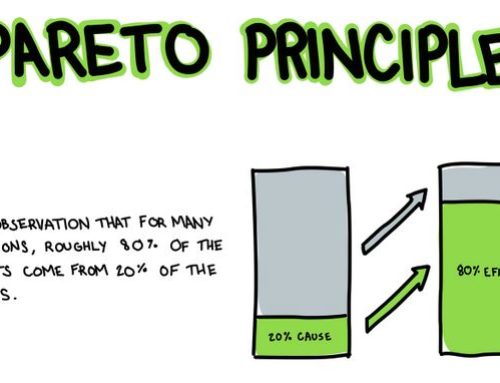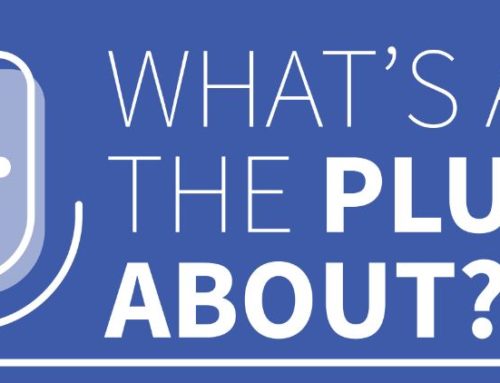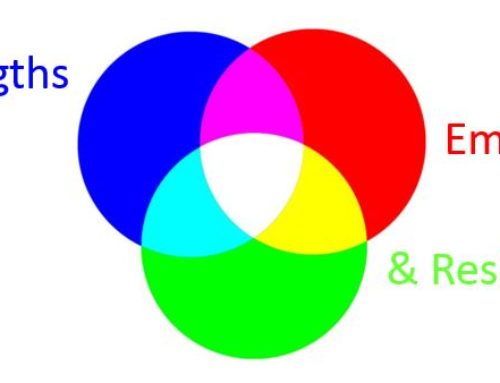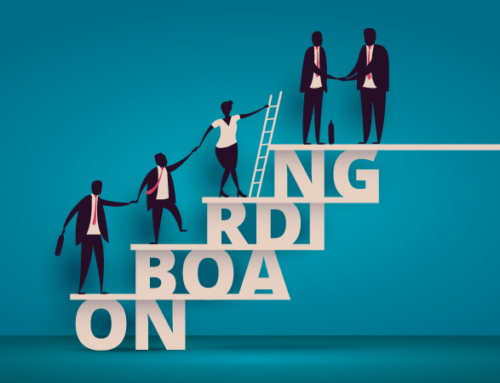If you were drawn to the title of this article, it’s likely you already understand and appreciate the power of talents and strengths to enhance individual performance, contributions on a team, and organizational performance. (Or maybe you’re drawn to the idea that there might be strengths and resources to draw upon in a time such as this.) Have you felt a bit off balance over the past year in applying your strengths during the COVID-19 pandemic, lockdowns in our cities, and the ensuing economic turmoil? I know I have!
There’s a good reason for this. Individual strengths, such as those identified through Gallup’s CliftonStrengths® assessment or the VIA Inventory of Strengths (VIA-IS) were determined under conditions of peak performance, times when we can truly focus on what we do best and coordinate with other team members so we all have the opportunity to do what we do best each day. The stressful conditions of the past year have in many ways pulled us away from the individual focus and team coordination needed to maximize use of our strengths.
Furthermore, my work with Dr. Joel Bennett of Organizational Wellness & Learning Systems (OWLS) has revealed that there’s a gap in many strength inventories. The four domains of CliftonStrengths® and the six virtues of VIA-IS align with four of the “Big Five” personality dimensions as shown in the chart below. What’s missing is the fifth factor of the Big Five that is particularly important in stressful times – Emotional Stability.

To address this gap, we first need to understand where we fall on the scale of Emotional Stability. Are you more stable or more reactive on an emotional level? Those on the high end of this scale are marked by feeling secure, stable, unflappable, rational, and even unresponsive in the midst of emotional circumstances and events. Those on the low end of the scale are more excitable, reactive, alert, anxious, tense, and worrying in emotional circumstances.
Most of us fall somewhere between the two extremes, which often means that we might feel stable and secure in some circumstances and reactive and excitable in others. Almost everyone has some emotional triggers that send us into a more reactive state, and it’s important for us to identify and understand those triggers.
Next, to address our triggers, we need to develop the skills of emotional intelligence (EI). According to Dr. Daniel Goleman and others, these skills fall in five key areas: self-awareness, self-management, motivation, social awareness, and relationship management. That is, EI skills apply to emotions within one’s self and in others, and they involve first awareness and then action or managing the emotions and their effects on our interactions and relationships. Motivation ties the other skills together through a focus and resolve to master emotions rather than to be controlled by them.
Likewise, when we consider resilience, my colleague Dr. Joel Bennett has identified five skills or practices, the Five Cs of Resilience: centering, confidence, commitment, compassion, and community. To a large extent, these practices parallel the EI skills, with commitment at the center to empower and align the other practices (parallel to the role of motivation in Goleman’s EI model). To practice commitment, we must persist through difficulties, pursue our dreams and values, remain dedicated and loyal to one or more areas of life (e.g., family, career, community, spiritual/purpose), and engage with others who share our commitment.
When we lack the skills of EI (awareness and/or ability to manage emotions) and resilience (ability to recover from, persist through, and overcome hardship), we lose focus on our strengths and often find ourselves floundering.
Strengths are vital to our success in all areas of life, but strengths alone don’t provide all of the resources we need in difficult and uncertain times. Supplement your strengths with emotional intelligence (EI) and resilience to cultivate the capacity for success and to ensure that you are able to use your strengths in challenging times.
© 2021, Benjamin L. Dilla, PhD
Written 4-20-2021
Continue Reading


Let’s Talk
If you would like additional information or have questions about coaching, team building, training workshops, or speaking engagements, schedule a free 30-minute discovery call.
Let’s Talk
If you would like additional information or have questions about coaching, team building, training workshops, or speaking engagements, schedule a free 30-minute discovery call.






